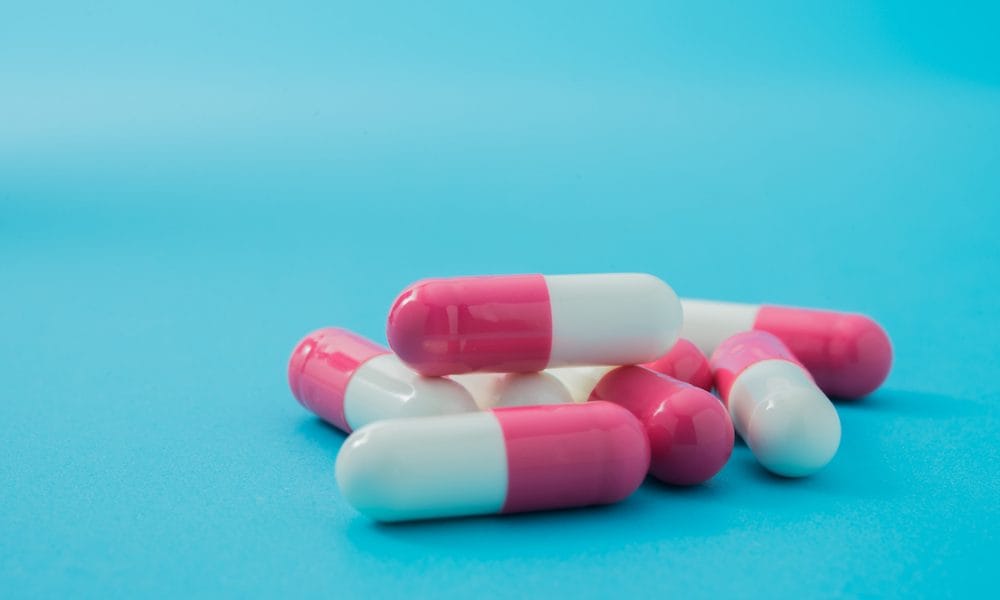Irritable Bowel Syndrome (IBS) represents a frequent digestive problem that develops through symptoms including bloating and abdominal pain as well as irregular bowel movements. One of the most promising natural remedies to help manage these symptoms is probiotics for IBS. The healthy bacteria serve to reconstruct your intestinal balance and minimize digestive-related discomfort.
What Is IBS and Why the Gut Matters?
The intestinal tissue remains unaffected by IBS so the condition reflects problems with your digestive system operation. The main factors that activate IBS symptoms consist of stress and particular foods while gut bacteria maintains an improper equilibrium. The condition where bacteria become unbalanced in the intestines leads to symptoms including irritation and pain and bowel irregularities.
Through the process of combining healthy bacteria into your body your digestive system achieves better balance. The health benefits of probiotics include the suppression of inflammation along with better digestive processes and a stabilized gut environment. A majority of people achieve reduced flare-ups together with better stomach-intestinal comfort through this treatment.
Which Probiotic Strains Help with IBS?
Each type of probiotic maintains distinct functions inside the human body. The medical community has identified particular strains of probiotics that show promising results in treating IBS symptoms:
- Lactobacillus acidophilus serves two functions by reducing gas and helping food breakdown.
- Bifidobacterium infantis has two positive effects on bowel movements by treating both constipation along with diarrhea.
- Characteristics of Saccharomyces boulardii include its ability to battle invasive bacteria and minimize intestinal inflammation.
The selection of a probiotic bacteria should contain diverse strains accompanied by a dosage of 10 to 50 billion CFUs. For optimal protection of bacteria capsules should have delayed-release or enteric-coating making them resistant to stomach acid until they reach the intestines.
How to Take Probiotics for Best Results
The maximum benefits from probiotics become available through regular integration into your daily lifestyle. Here are some simple tips:
- When starting probiotics users need to begin using a small dose since this helps their bodies adapt better particularly when they are sensitive.
- Food beside medication helps these bacteria survive better until they reach full population count.
- Select your probiotic dosage time during the day at a point that you will remember naturally such as when you eat breakfast.
- Note down any improvements or changes in bloating and pain symptoms and bowel movements in order to determine which treatments are effective.
Also, eat gut-friendly foods. The consumption of rice oats together with bananas as part of a low-FODMAP diet supports both probiotic activity and decreases IBS symptoms. Patients should minimize consumption of dairy products along with artificial sweeteners and fried foods.
What to Expect Over Time
Regular consumption of probiotics helps decrease the symptoms related to IBS such as abdominal pain and gas together with irregular stools. The majority of individuals observe positive effects within the 4–8 weeks time period. Some also report better mood and less anxiety—possibly due to the gut-brain connection.
However, results can vary. Each person needs to test multiple strains until they discover which belongs to their biological needs. Contact a healthcare professional before using supplements when you have medical issues and weak immune functions.
Final Thoughts
Probiotics represent an effective basic strategy that people can use to manage their IBS symptoms. Right usage of these supplements allows your gut to regain balance while treating symptoms and boosting your total body wellness. Consumer benefits derive from using probiotics with a nutritious eating plan and health-focused routine to gain a safe natural solution for their digestive issues.


